‘The contributions of each country, region and individual are important’: St Petersburg University experts discuss the role of education in the development of cooperation at the Russia−Africa Forum
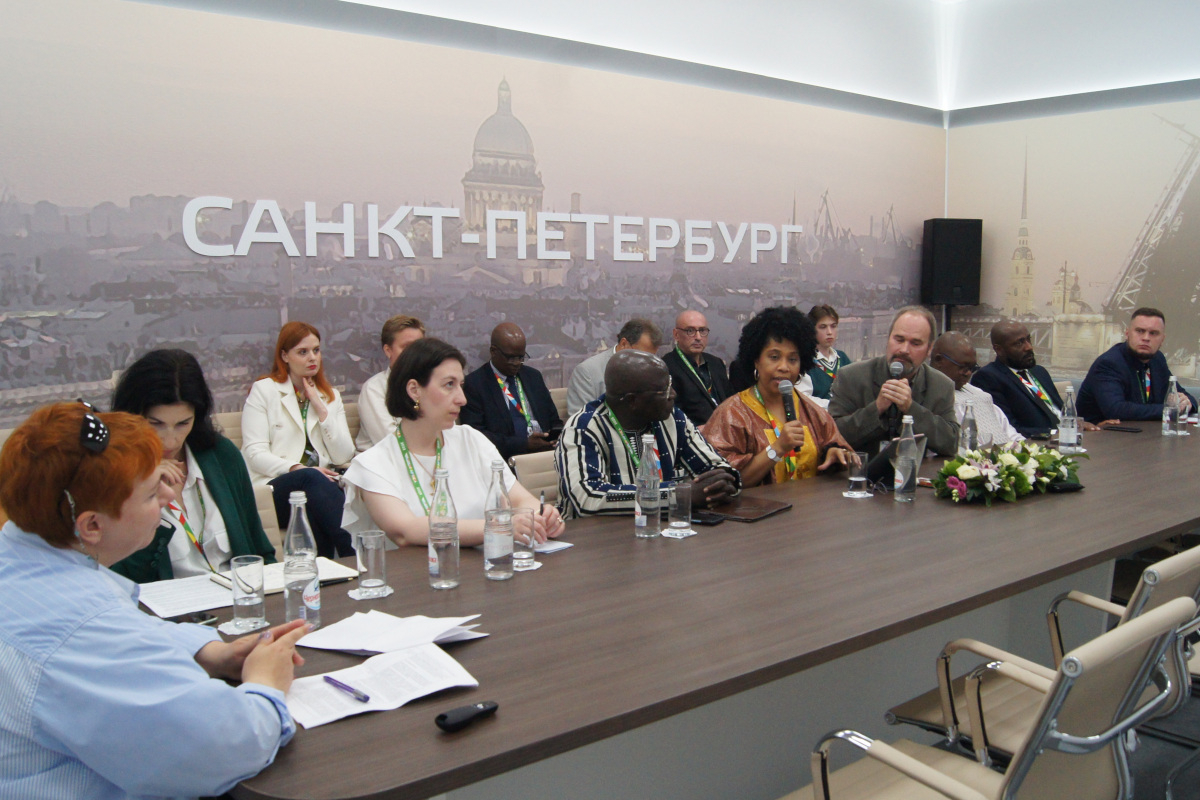
What needs to be changed in the African education system and what should be taken into account? Experts from St Petersburg University have taken part in the discussion of these and other issues at the expert session ‘Russia, the Forge of Young Professionals, Scholars and Experts. Professional Reserve: Russia−Africa’ of the Russia−Africa Economic and Humanitarian Forum .
The moderator of the discussion was Maiia Rusakova, Head of the Centre for Monitoring the Quality of Education and Acting Director of the Centre for Applied Sociology at St Petersburg University. Opening the event, she underlined the special role of education in establishing partnerships. ‘I believe this is the most important topic. Without education, there is no development,’ Maiia Rusakova said.
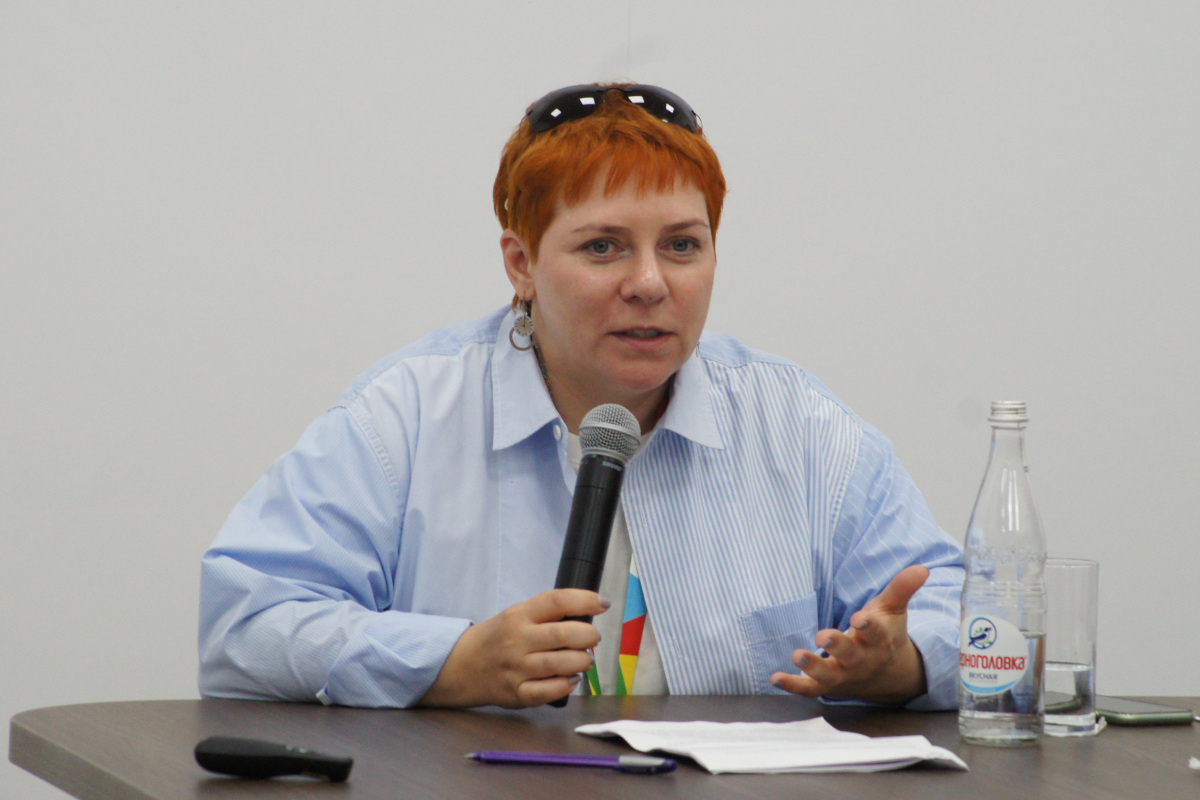
‘When we talk about Africa, we tend to focus on resources. Indeed, Africa is the richest continent in the world, but such a narrow outlook ignores significant realities and hinders cooperation. We can learn a lot from Africa. It has a multifaceted culture and a complex history, and the part it has played in the events of the world history cannot be overestimated,’ Maiia Rusakova emphasised.
We regard Africa as an equal partner. I believe that in science and education we must proceed on the principle of equality. The contributions of each country, region and individual are important. The fundamental frameworks and principles of cooperation among countries are: equality; sovereignty; and mutual respect.
Maiia Rusakova, Head of the Centre for Monitoring the Quality of Education and Acting Director of the Centre for Applied Sociology at St Petersburg University
St Petersburg University is actively working to promote the Russian language and culture in the countries of the African continent. Dmitry Ptyushkin, Director of the Language Testing Centre at St Petersburg University, spoke about the University’s efforts in the field of teaching Russian as a foreign language. He stressed that for the fifth year in a row St Petersburg University has been the most popular university in Russia among international applicants. Nonetheless, many of the international students find it difficult to study in Russia due to insufficient Russian language skills. In order to help prospective students to achieve the required level of Russian language competence before they arrive in Russia, St Petersburg University opened distance Russian language courses in African countries.
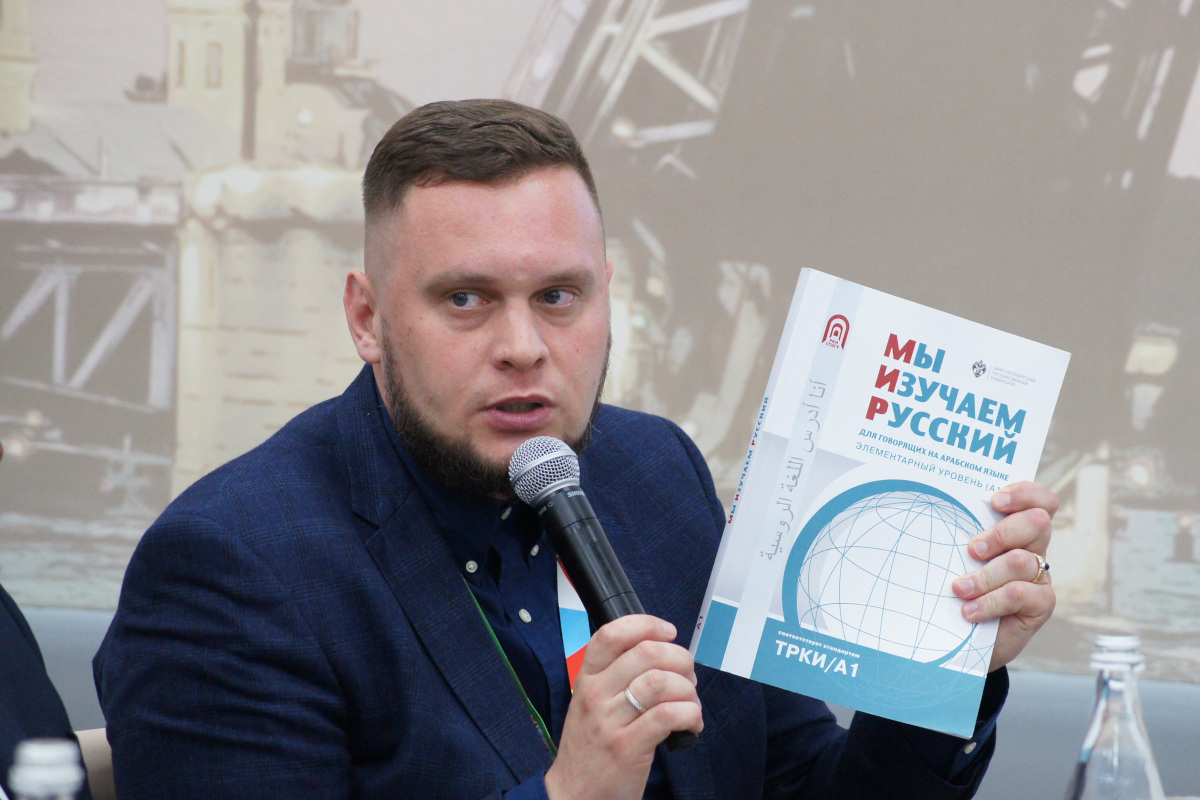
In 2021, St Petersburg University launched, as a pilot project, distance courses of Russian as a foreign language in Zimbabwe. At present, in-person and online language courses are also opened for residents of: Algeria, Kenya, Niger, Tanzania and South Africa. In total, about 29,000 people from African states are currently studying at St Petersburg University in degree and non-degree programmes. This includes almost 100 students from 23 countries of the African continent enrolled in the University’s academic programmes and over 27,000 students enrolled in the University’s online courses.
About 29,000 citizens of African states are currently studying in degree and non-degree programmes at St Petersburg University.
‘We seek to help people who are learning or brushing up their Russian language skills to relate to Russian culture. We hope that this experience will improve learners’ perception and attitude towards our country,’ Dmitry Ptyushkin concluded.
During the discussion, the participants addressed the issues of education system in Africa. Daniel Sawadogo, Attaché for Culture and Education at the Embassy of Burkina Faso in the Russian Federation and a graduate of St Petersburg University, believes that it is time for change. According to Mr Sawadogo, the existing education system bears the imprint of colonialism, while the knowledge that students acquire does not meet the demands of employers and society at large. ‘They have received an education, but it is not relevant to the reality and needs of individual countries,’ he explained.
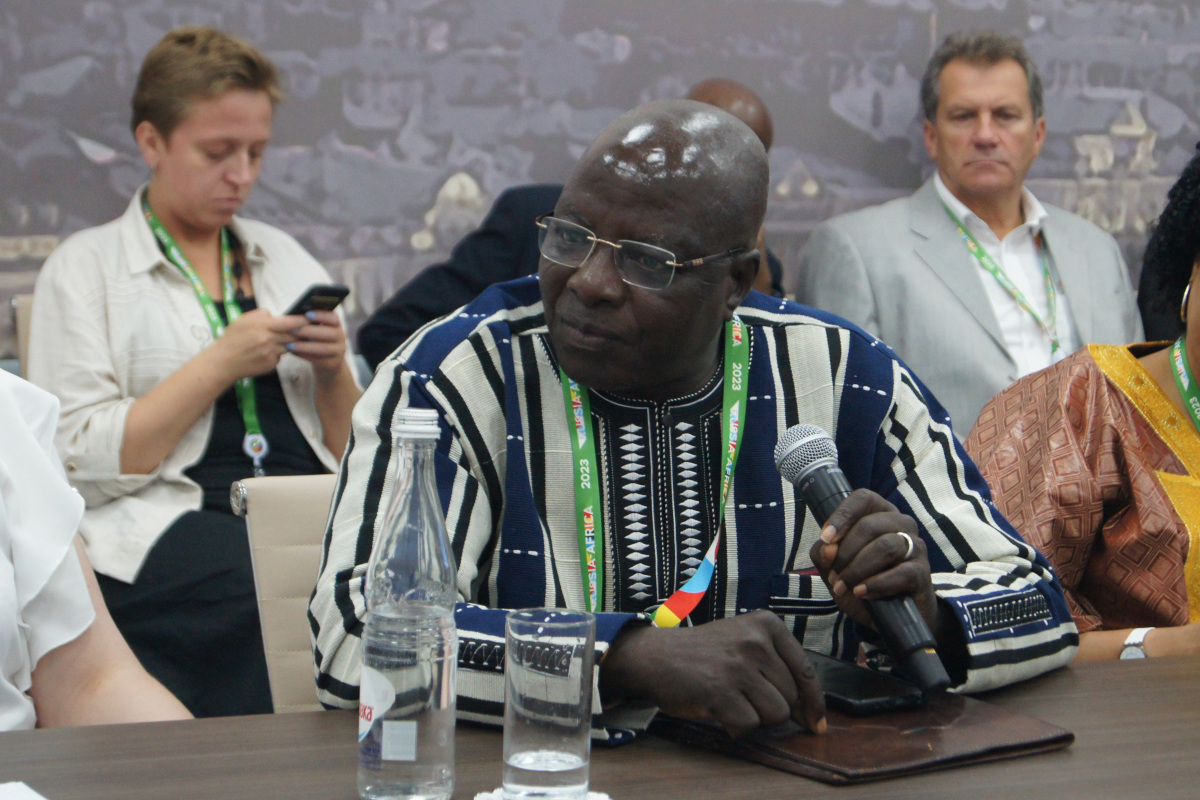
The topic was picked up by Dr Mamadou Sidibé, President of MaliStartUp (Association of Malian Start-ups), the founder and developer of the Lenali mobile app. Education in Africa must be region-specific. The same goes for technology. Dr Sidibé drew the audience’s attention to the fact that only 39% of the Malian population can read and write. Literacy among women is even lower, with only 29%. That is what prompted Dr Sidibé to create the Lenali application, the first totally vocal social network that uses voice-based technology in local African languages.
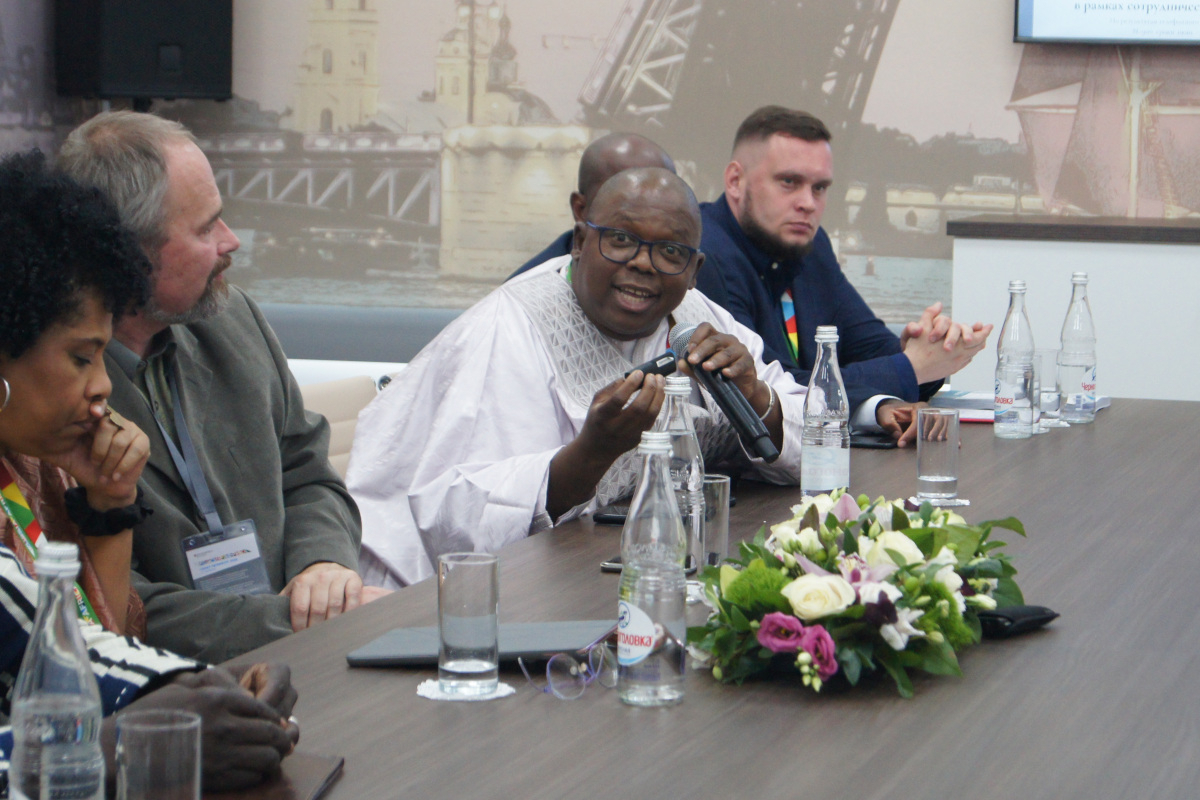
According to Mamadou Sidibé, the local population is well aware of their needs and the socio-cultural characteristics of the continent, which must be taken into consideration. The speaker therefore urged to support the citizens of African countries in developing their own projects.
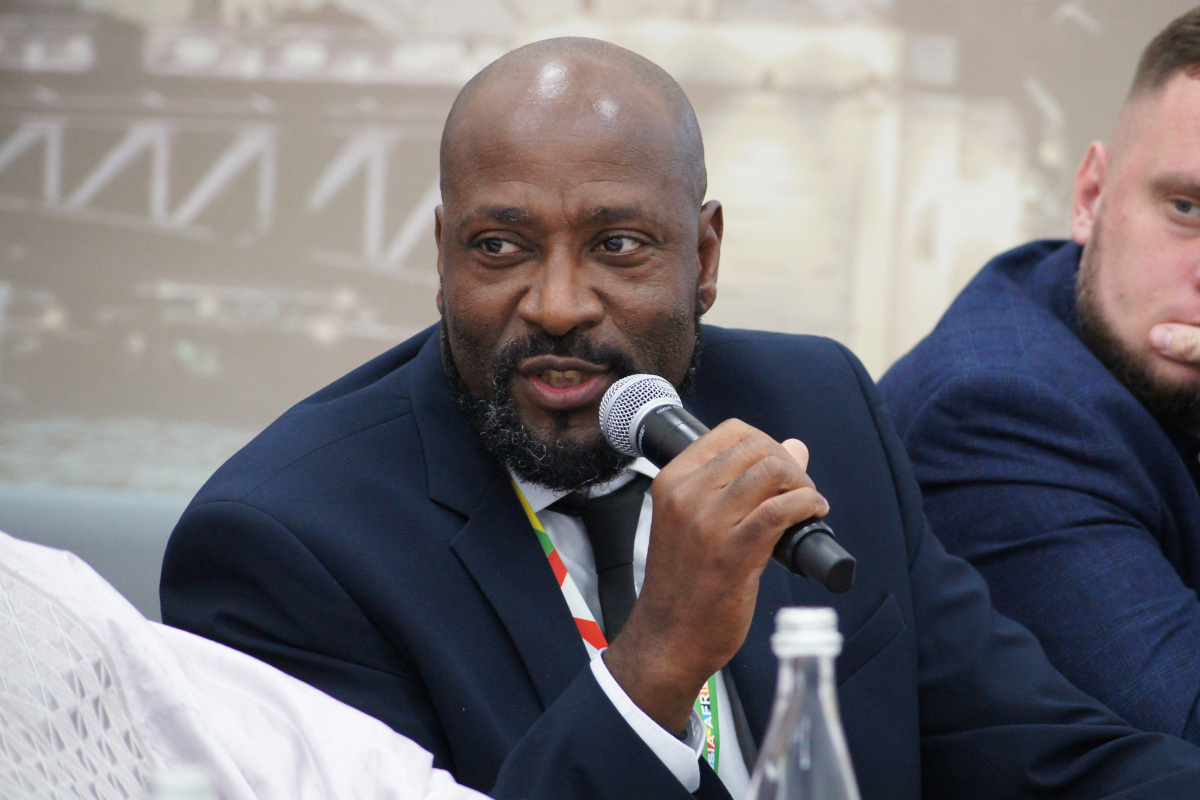
Louis Gowend, a businessman and Editor-in-Chief at Hello Africa magazine, believes that for fruitful cooperation, it is vital to know each other well. ‘At present, a great many people in Africa only know about Russia from what they read and hear in the Western media. Regrettably, in Russia, Africa is mostly mentioned in negative contexts of famine, coups, and droughts. We need to change these narratives, bringing new perspectives to the fore. We need to talk more about the good things, because life there is so different: very interesting, colourful, and unusual,’ Louis Gowend said.
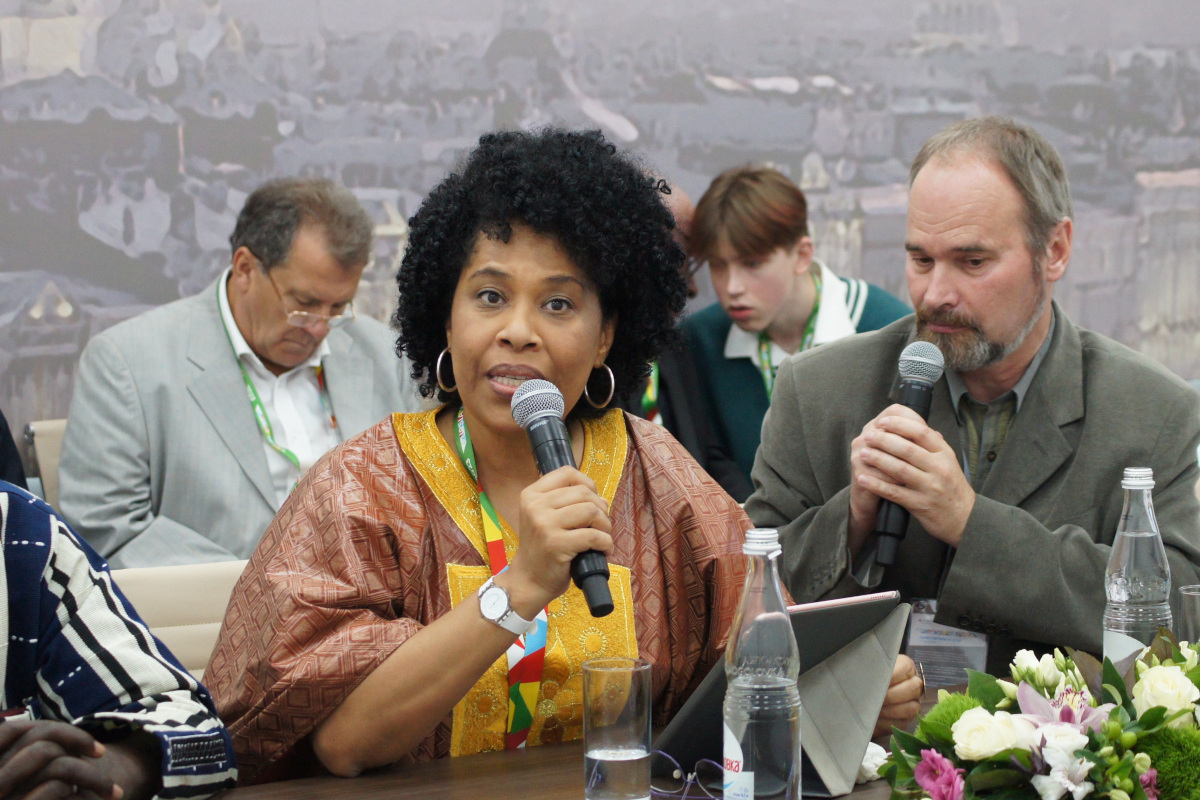
Among the participants in the discussion was a pan-African activist and sovereignty figure Nathalie Yamb, CEO at N Y Consulting. She spoke about education in Africa in the context of neo-colonisation. Liubov Demidova, who is Chair of the Board of the Association ‘Strategic Agency for Development of Relations with African Countries’, Member of the Board of the Africa Business Initiative Union, and a special representative of the Association of Small and Medium-Sized Exporters of Russia for African Countries, shared her experience in monitoring of the required professional qualifications.
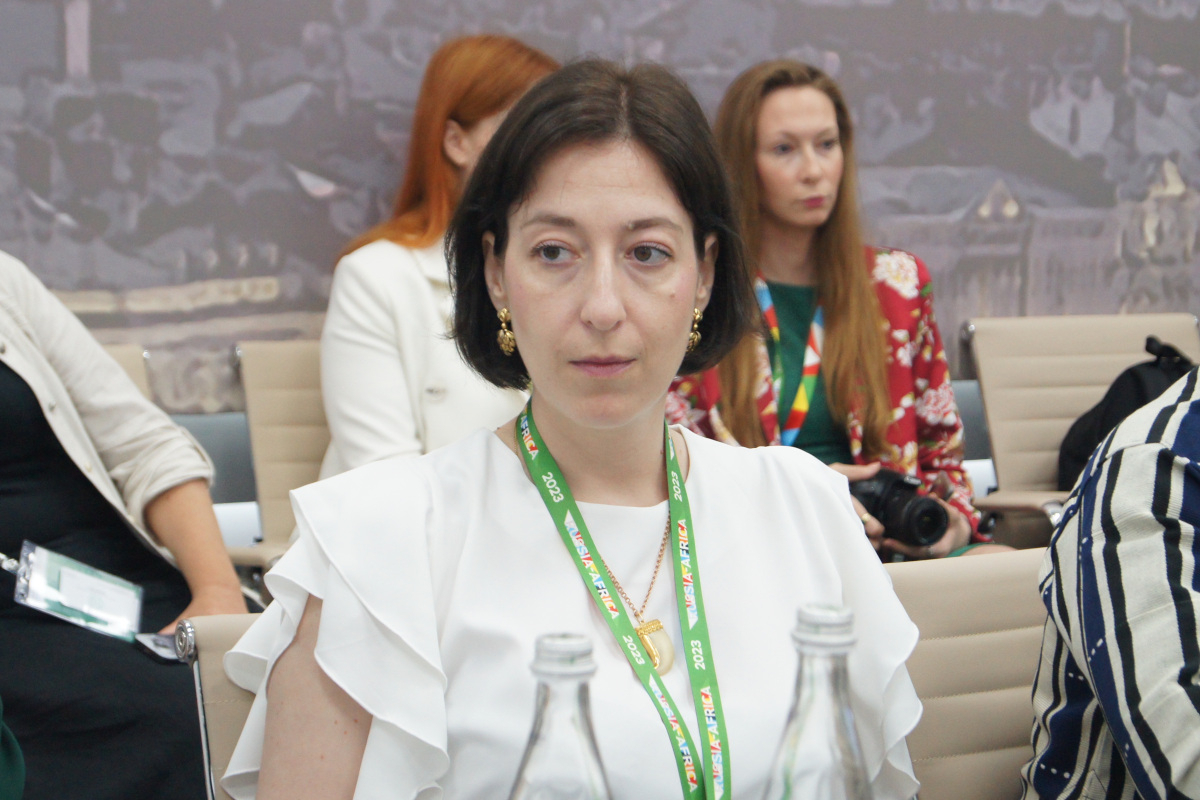
Presentations were made by Ekaterina Emelianenko, Chairperson of the Expert Council of the BRICS and SCO Innovative Diplomacy Centre, author of the education project ‘Professional Reserve: Russia — Africa’, who highlighted the main areas of the project, and Nikolai Sobolev, Zimbabwe Honorary Consul in St Petersburg.

